Teaching Textbooks: A comprehensive review by a math teacher
Updated July 9, 2023
This review was written by Manisha Snoyer, the founder and CEO of Modulo, a company that provides resources and support families who are homeschooling their children. With over 20 years of experience as a teacher, Manisha has instructed over 2,000 children of all ages and abilities in three countries and 18 subjects. She has tutored at some of the best private schools in the world and throughout the NYC public school system. Manisha graduated summa cum laude from Brandeis University.
Finding an inspiring math program for a child on the spectrum struggling with math can be an extremely frustrating and exhausting process. We combed through thousands of reviews by parents and tested 20 of the top math programs with 500 students to find the right choice for every learner. With its high quality curriculum, engaging lessons, easy pace, and superb customer service, we unequivocally recommend Teaching Textbooks as one of our top choices for children who are struggling in math and also on the autism spectrum. Families with advanced learners on the autism spectrum, or children with dyscalculia may want to consider one of our other options listed below or in our blog The Best PreK-12th Grade Math Curriculum of 2023. As always, the best first step is to try a curriculum with your child and see how they engage with it. If they enjoy the program, it’s typically a great sign!
Overview of Teaching Textbooks Math Program
Teaching Textbooks is a math program designed for independent learning by students. It is structured in a spiral-based format, allowing students to progress at their own pace without requiring constant parental supervision. The program includes engaging videos and illustrations to help students understand the concepts, and provides detailed explanations for problem-solving. Parents appreciate that the curriculum is self-grading and that students have access to all the resources they need, including tutors for additional support. However, some families feel that the program may not adequately prepare students for higher-level math. It is recommended that parents use the placement testing to determine the appropriate level and consider other programs that align with their desired level of mathematical rigor for their educational goals.
Curriculum and Structure of Teaching Textbooks Math Program
Teaching Textbooks provides a structured approach to learning, with a combination of printed lessons in the textbook and accompanying lectures. To effectively use Teaching Textbooks, students are encouraged to first read the lesson in the textbook. Following that, they should watch the corresponding lecture for a more comprehensive understanding. To reinforce their learning, students are then required to complete the entire assignment, which includes practice problems. In case any problems are missed, students can watch the solutions as soon as the problem has been graded. This step-by-step approach ensures a thorough grasp of the material.
Pros of Teaching Textbooks Math Program
The engagement and enjoyment it brings to children: Parents reported that their children enjoyed using Teaching Textbooks and found it cool to do math on their devices, due to its interactive nature and friendly user interface.
High-quality customer service: Parents appreciated the prompt and helpful customer support that resolved technical issues quickly.
Curriculum quality: Parents praised the quality of the Teaching Textbooks curriculum.
Versatility of the platform: Children enjoyed the ability to customize aspects of their learning environment like changing their wallpaper.
Desire for more: Parents expressed a wish for similar programs in other subjects, indicating a high level of satisfaction with the methodology and design of Teaching Textbooks.
User-friendly: Many families found that their children who resisted other math programs were more willing to use Teaching Textbooks.
Financial literacy: One user mentioned that despite struggling with Algebra 2, they found value in Teaching Textbooks lessons on Personal Finance and Accounting.
Special Needs: Teaching Textbooks has been noted to be beneficial for children with learning disabilities due to its tailored, individualistic learning approach.
Cons of Teaching Textbooks Math Program
Lack of Rigor: Some critics have noted that while Teaching Textbooks is excellent for building basic math skills, it may not provide enough depth and rigor for students planning to pursue studies in fields requiring advanced mathematics.
Not Aligned with Grade Level: Some users felt that the content in TT was behind their child's grade level.
Lack of Standardized Test Preparation: Multiple comments expressed concerns about TT not preparing students sufficiently for standardized tests like the PSAT.
Difficulty in switching programs: Some users mentioned that transitioning to other curriculums from TT caused difficulties as students faced gaps in their learning.
Not suitable for advanced math learning: Several users mentioned that TT may not be the best choice for students interested in pursuing a math or STEM-related field.
Slow Pacing and Too easy: Some parents and educators have felt that Teaching Textbooks might be a bit slower in introducing and advancing through topics compared to other curricula. Some students may find the pace too slow and the problems not challenging enough.
Cost: Compared to some other homeschool curricula, Teaching Textbooks could be more expensive. This can be a concern for families homeschooling multiple children or those on a tight budget.
Internet Dependence: Since Teaching Textbooks is a digital curriculum, it requires a reliable internet connection. This could be a problem for families with unstable internet access.
Teaching Textbooks and Autism
Teaching textbooks can be a valuable resource for children on the autism spectrum for several reasons. The structured and consistent approach of these textbooks provides a sense of routine and familiarity, which can be comforting for autistic children. The visual and interactive lessons cater to their learning strengths, making it easier for them to grasp and retain information. The immediate feedback provided by the program helps reinforce learning and correct any misunderstandings right away. The self-paced nature of the curriculum allows children to fully understand each concept before moving on, reducing pressure and frustration. Learning at home with teaching textbooks also helps children avoid the sensory overload often experienced in traditional classrooms, creating a more conducive learning environment. Moreover, the program promotes independent learning, which can boost the confidence and self-esteem of children on the autism spectrum.
Not every child on the autism spectrum struggles with math, and many are quite advanced. In this case, we recommend Beast Academy.
FAQ about Teaching Textbooks
How many lessons are in teaching textbooks?
Answer: Teaching Textbooks typically include a full year's worth of lessons, with each grade level covering a specific curriculum. The number of lessons can vary depending on the grade level and subject, but generally, there are around 120-160 lessons in a Teaching Textbook program.
How do I install teaching textbooks?
Answer: Installing Teaching Textbooks is a simple process. First, ensure that you have the necessary software and system requirements. Then, follow the step-by-step instructions provided by the publisher or on their website. Typically, you will need to download the software, enter your product key, and follow the prompts to complete the installation. If you encounter any issues, reach out to the publisher's customer support for assistance.
How do I install teaching textbooks on my Chromebook?
If you want to access the Teaching Textbooks apps, simply go to the Google Play store and search for "Teaching Textbooks." From there, you can download the app that is suitable for your needs. Alternatively, you can also visit the Teaching Textbooks downloads page and access the Play Store from there. It is important to note that in order to use their app, you must have the Play Store installed and enabled on your device.
How do I upgrade my free trial in teaching textbooks?
If you would like to convert your free trial accounts to paid accounts for teaching textbooks, simply select the program(s) you are interested in from the menu on this page. Make sure to use the same email and password that you used to set up your free trial. By doing so, all of your grades and progress will be seamlessly transferred to your paid account.
User Reviews and Testimonials of Teaching Textbooks Math Program.
Positive Review about Learning Engagement:
Jessica Hood recommends Teaching Textbooks. "My 8 year-old loves math 3! He thinks it's so cool that he can do math on his kindle now. He loves changing his wallpaper and his buddies. The bonus round is also a big hit!"
Positive Review about Customer Service
Jana Brown recommends Teaching Textbooks. "This is our seventh year using TT, but my first time needing technical support. I started a "text chat" today with support, and - with no waiting - had a helpful, quick conversation with Mischa, who fixed my problem in minutes. Grateful for the great service!"
Negative Review about Technical Issues
Nina Butticci doesn't recommend Teaching Textbooks. "Ever since the new update we’ve had nothing but problems. Now that we’ve gotten those resolved by adding the app to their iPads, I can no longer print the workbook pages for proof of their work. Super frustrating!"
Key features
Grades: Levels 3 through pre-calculus typically serve 2nd grade through pre-calculus
Cost: Teaching Textbooks has a "Large Family" option (4-8 students for $200/12 month subscription). The online only subscription is purchased, the cost ranges from $43 to $67 per 12 month subscription, but if the textbook, CD, and online bundles are chosen, each level costs from $120 to $185. If the CDs are purchased, each level can be used by multiple students.
Type of Tool: App, Website, Textbook
Time required: Students typically spend 30-45 minutes per lesson, but if they're strong in math they can complete lessons in 20 minutes.
Screens: It is possible to use only the textbooks but it is recommended that it is combined with the online component for greatest success
Parent/Caregiver Involvement: Yes, kids can use it with no help from a parent, teacher or caregiver
Prep Time: Minimal prep time
Other characteristics
Modality: Audiovisual, Multimedia, Hands-on/kinesthetic
Adaptive: Yes, it includes personalization
Educational Philosophy: Not really, doesn't seem to be influenced by a particular educational philosophy
Other characteristics: Self-directed insofar as the student can set their own pace, but the curriculum is set, it doesn't allow for a great deal of content flexibility for lessons.
Accountability
Assessment: Yes, there are built in assessment tools
State Standards: Teaching Textbooks states the curriculum can be easily adapted to state standards
Purchase: http://www.teachingtextbooks.com/Default.htm
Teaching Textbooks offers a unique, engaging, and student-friendly approach to learning math. Its strengths lie in its ability to encourage independent learning, present lessons in an interactive and visually engaging manner, and provide excellent customer service. However, it may not be the best fit for every student, as some have found the pacing slow and the material less rigorous compared to other programs. It is slightly on the expensive side and relies heavily on internet access, which could pose challenges for some families. Additionally, while the curriculum does well in providing a strong foundation in math skills, it may not be sufficient for those planning to pursue higher-level math studies. Despite these criticisms, the program is a solid choice for many families, especially those with students who thrive on self-paced, visual, and interactive learning. Consider your child's learning style, academic goals, and the financial and technological feasibility before making a decision. Teaching Textbooks remains a trusted and popular choice for many homeschooling families, especially with children on the autism spectrum.
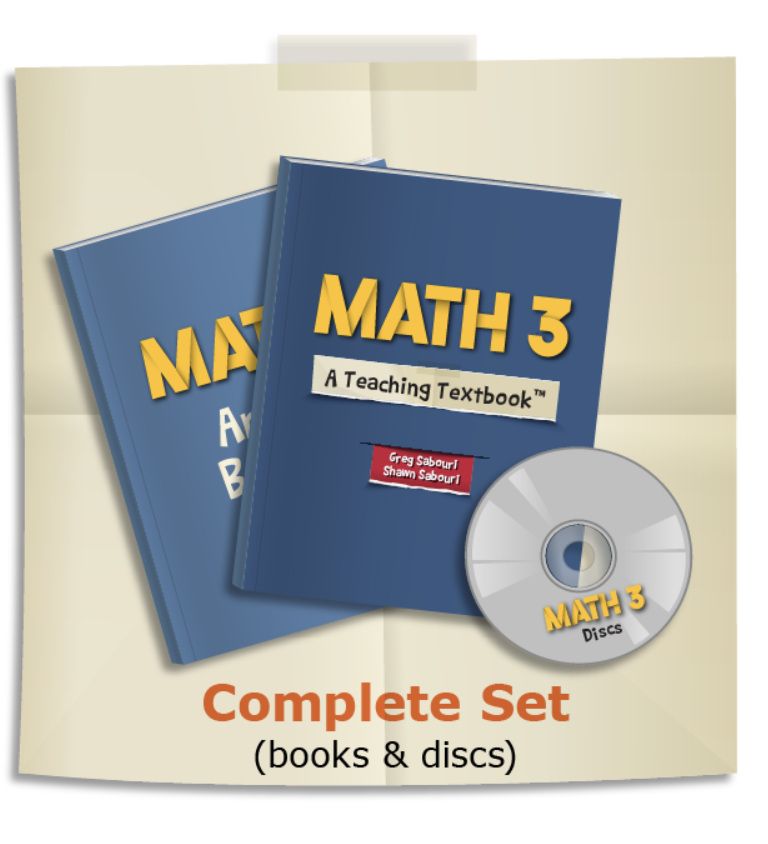
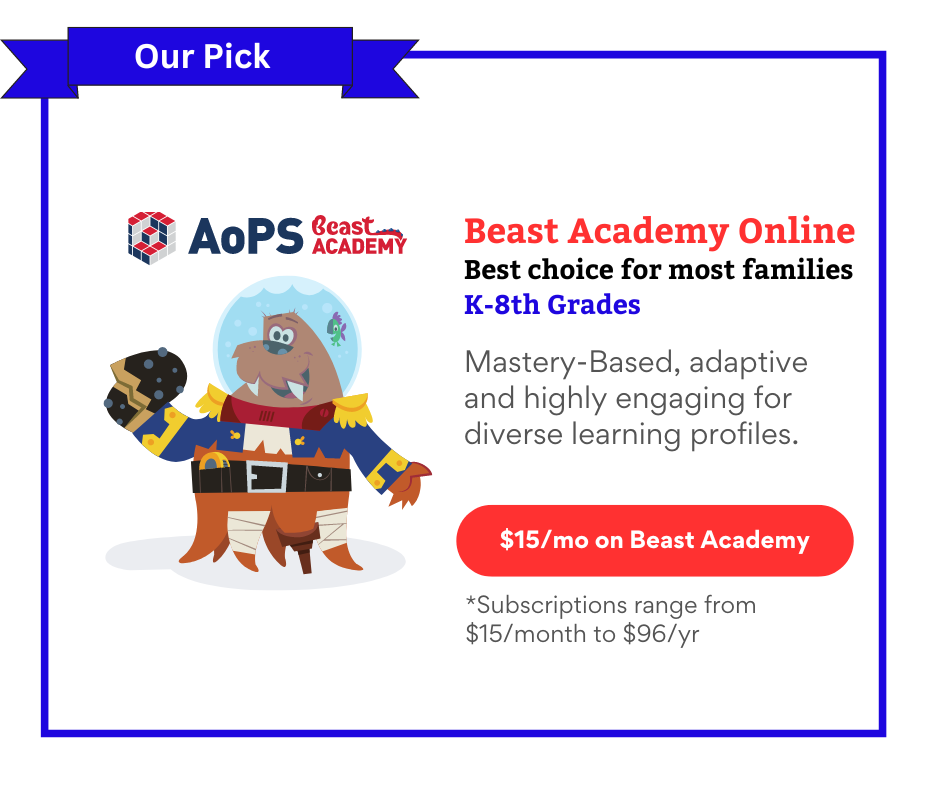
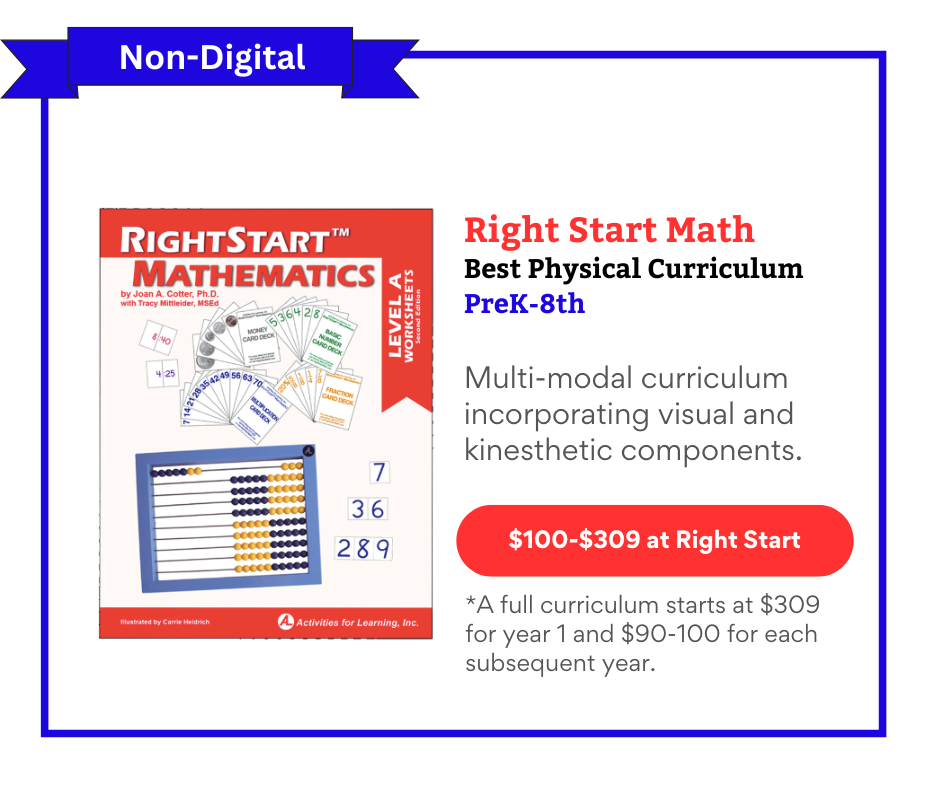


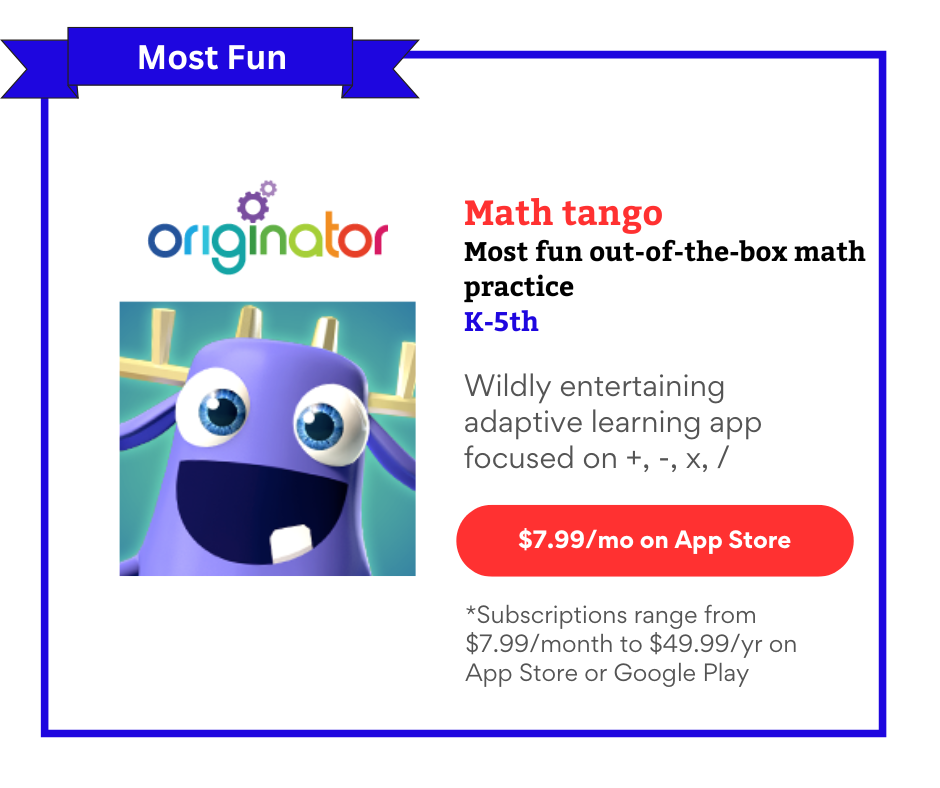
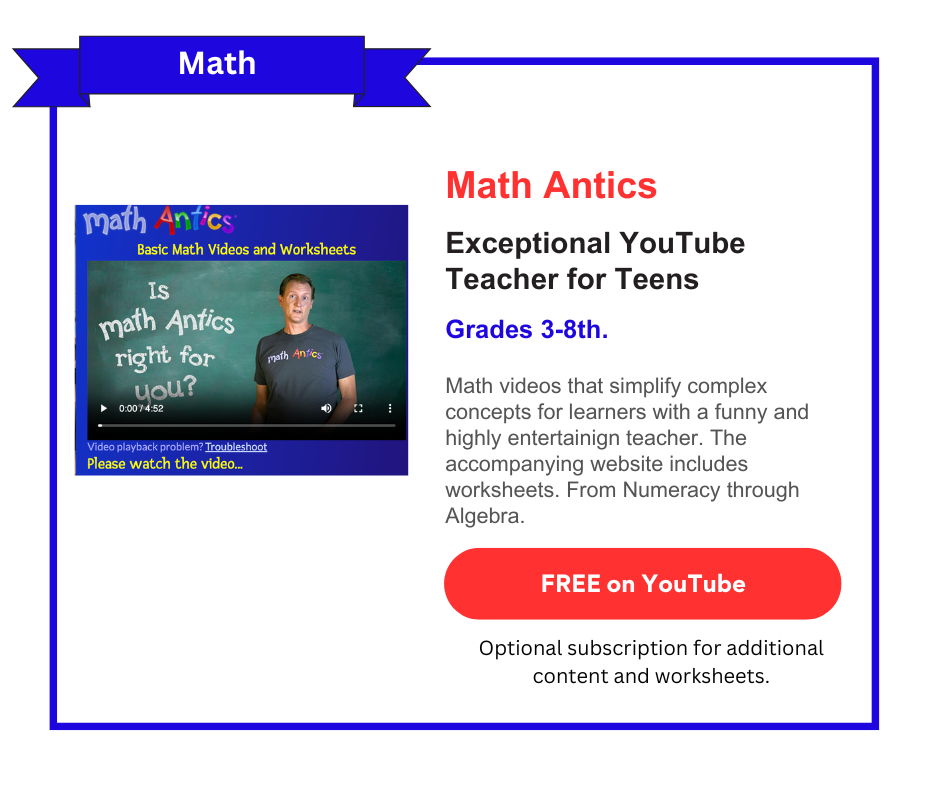
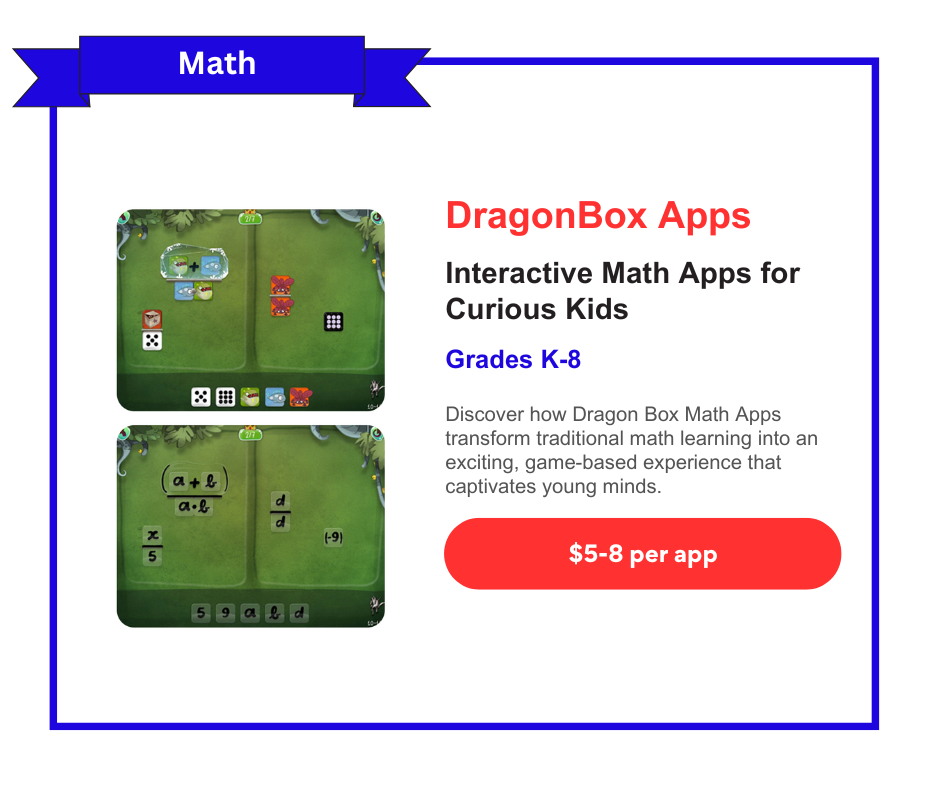
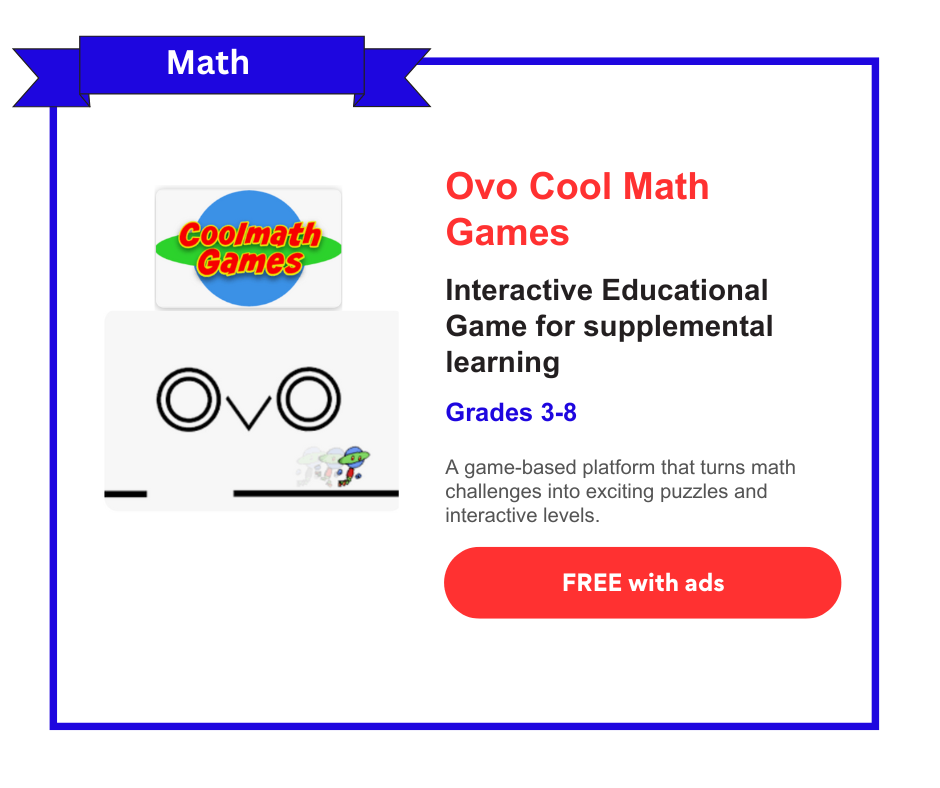
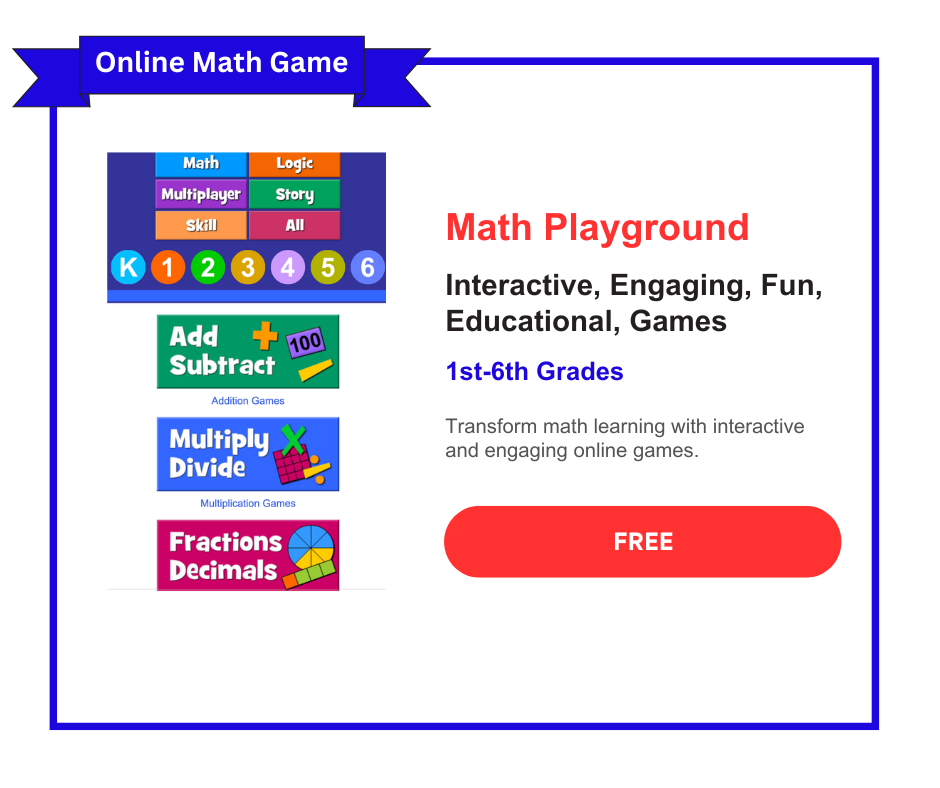

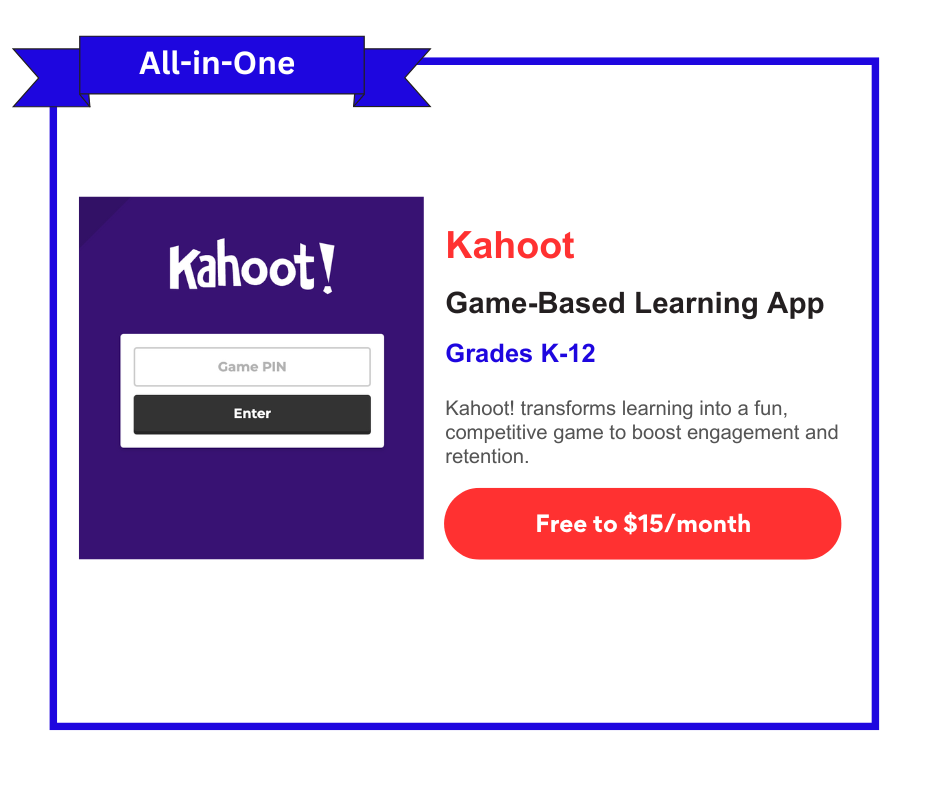
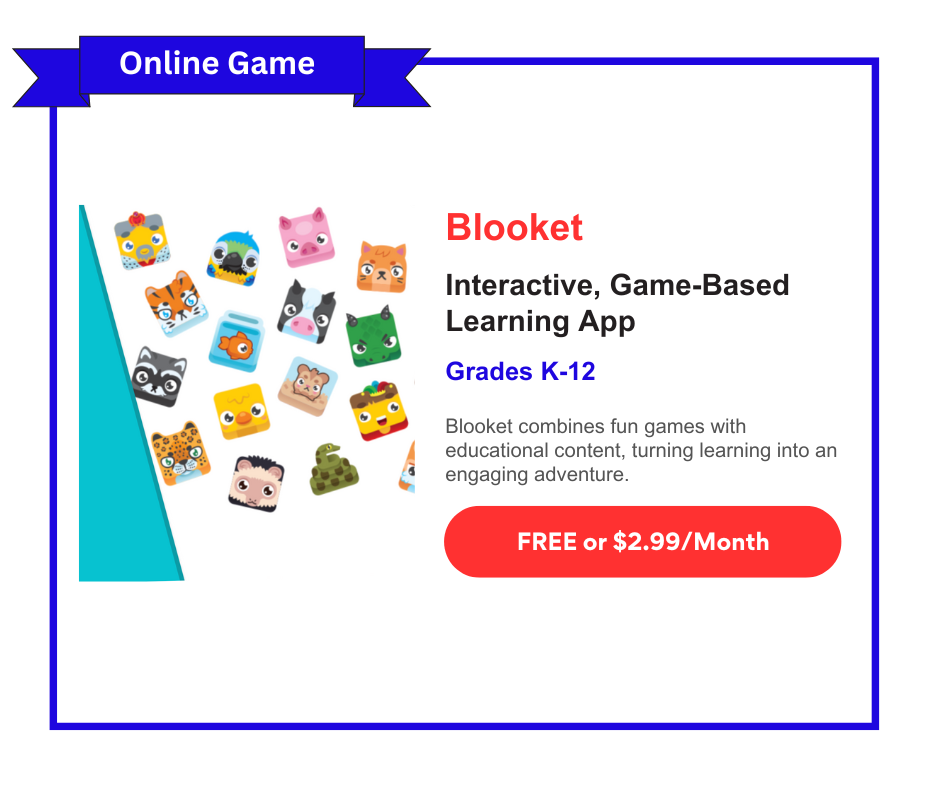
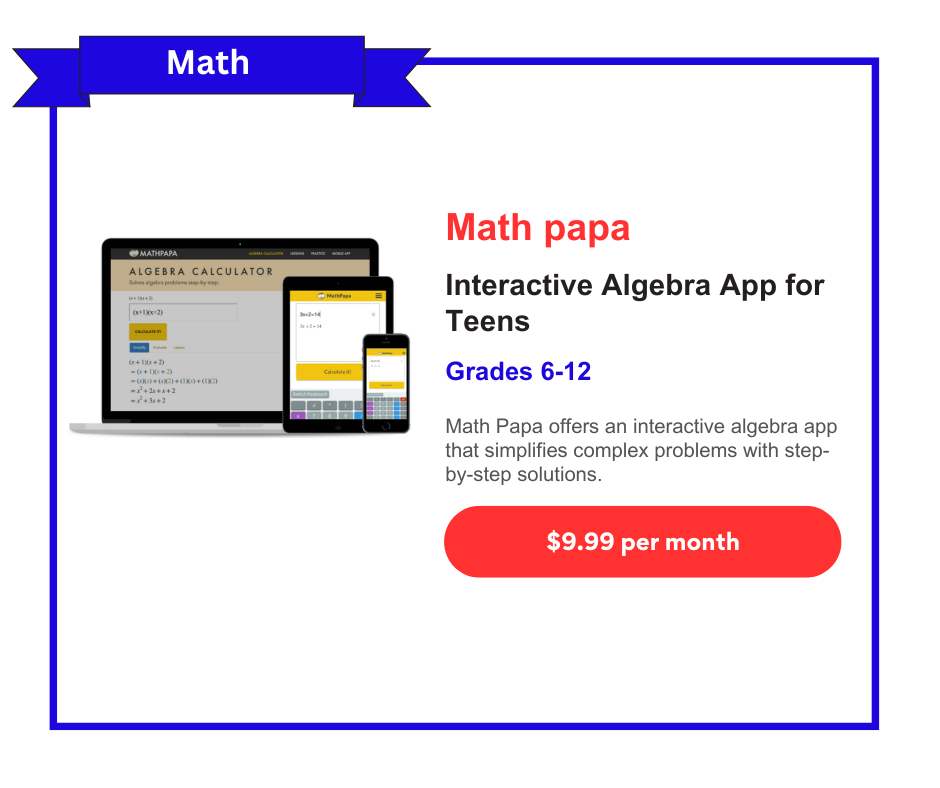
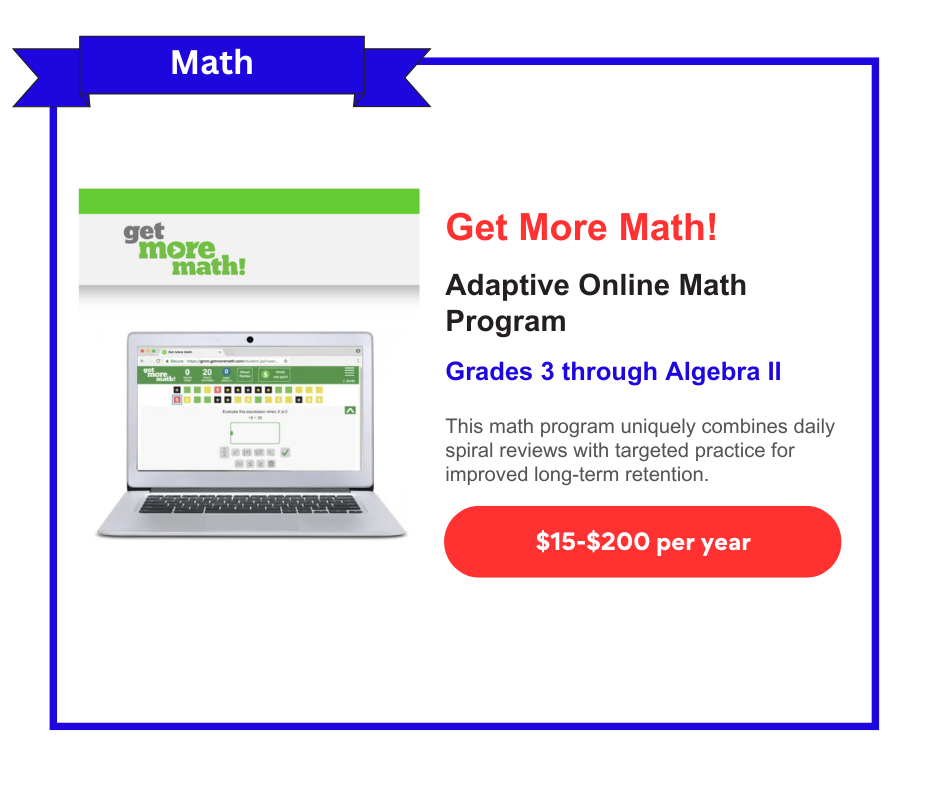
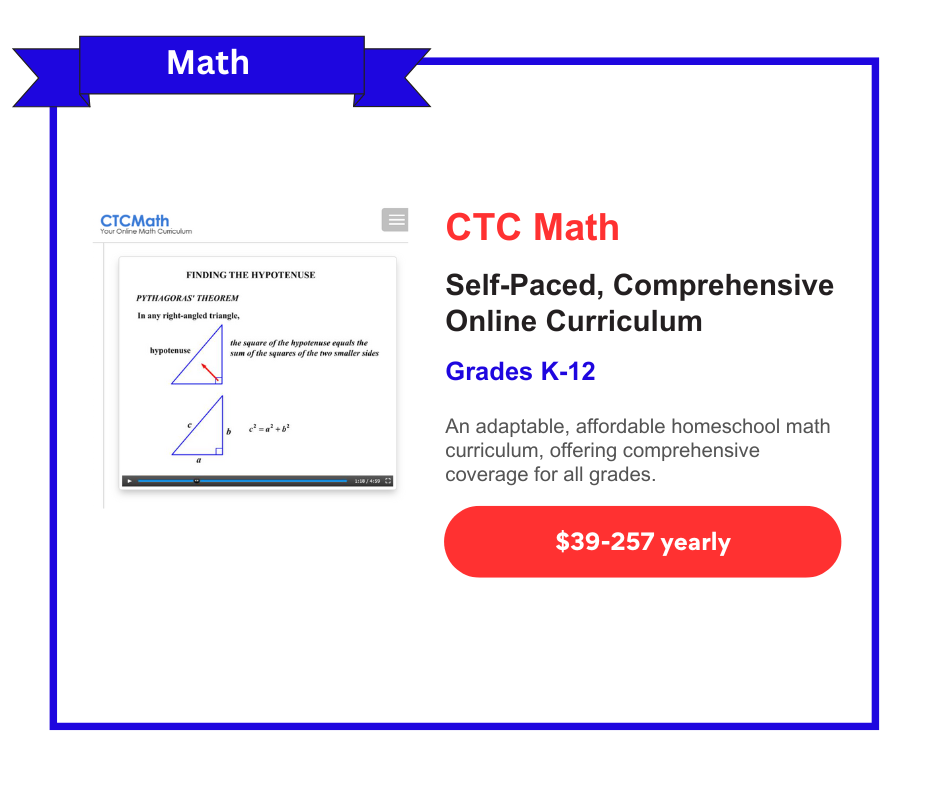
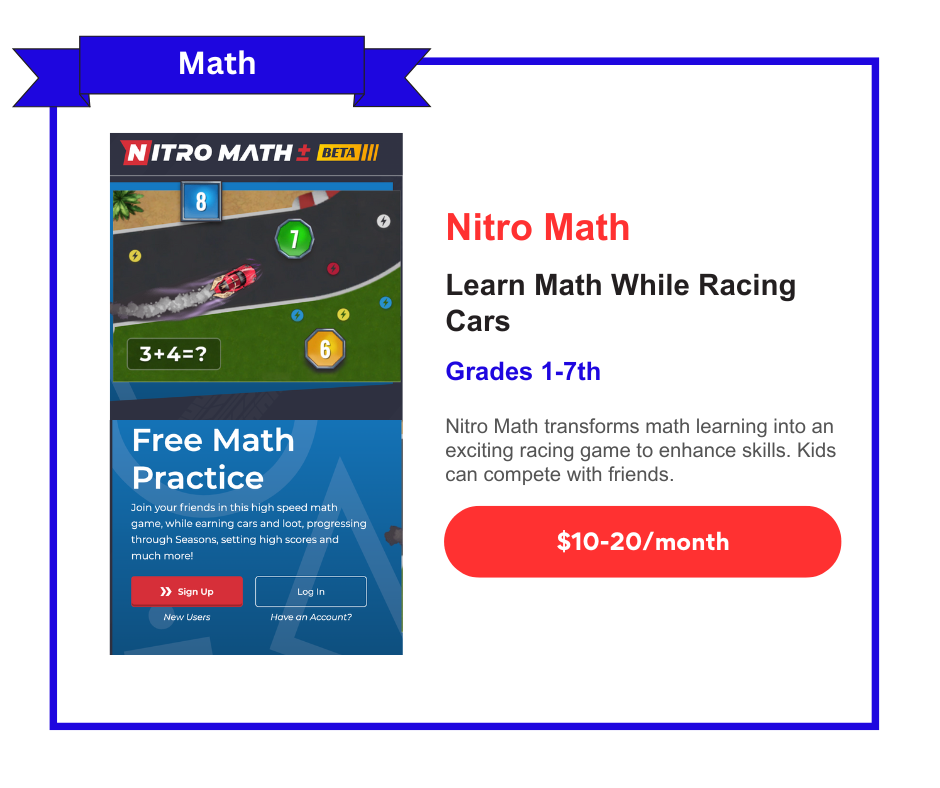
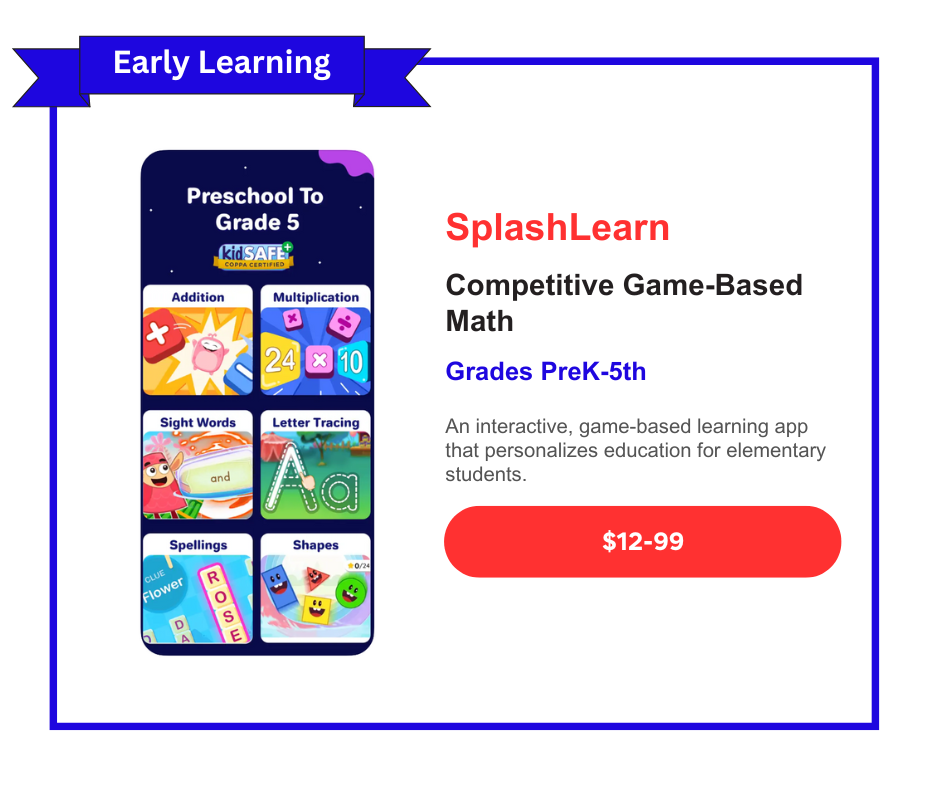
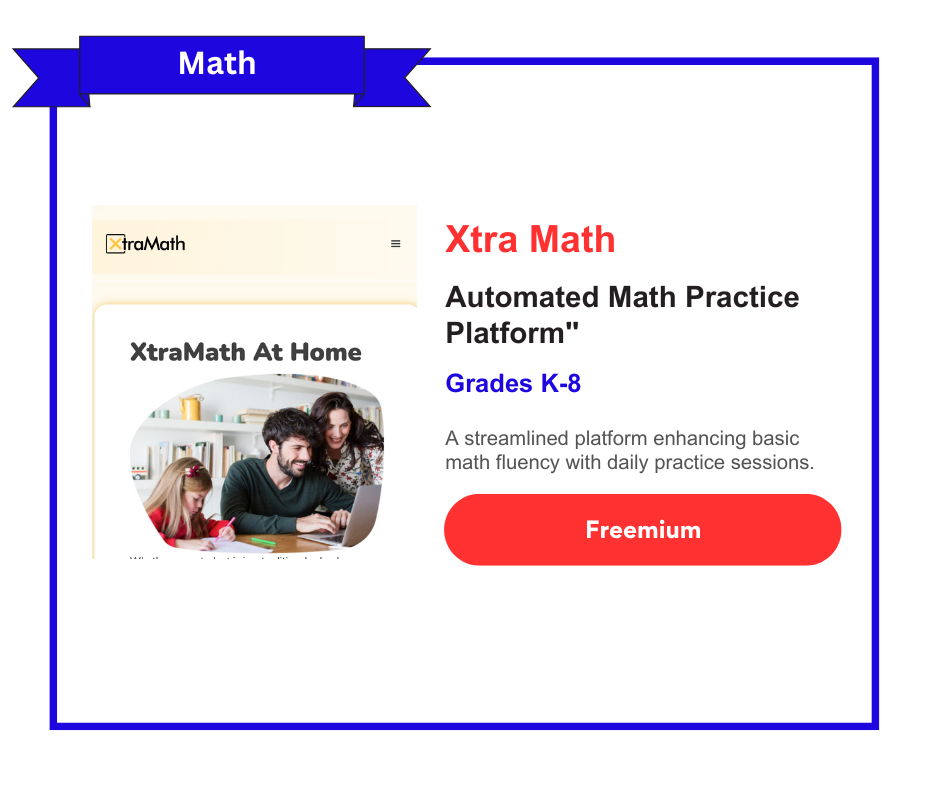
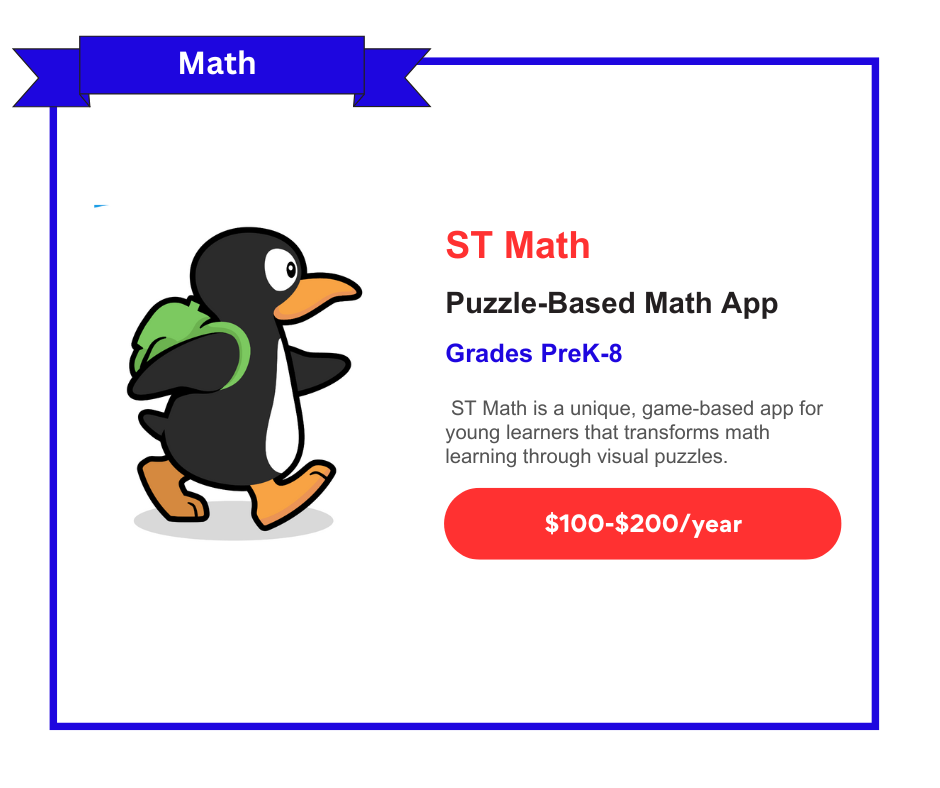
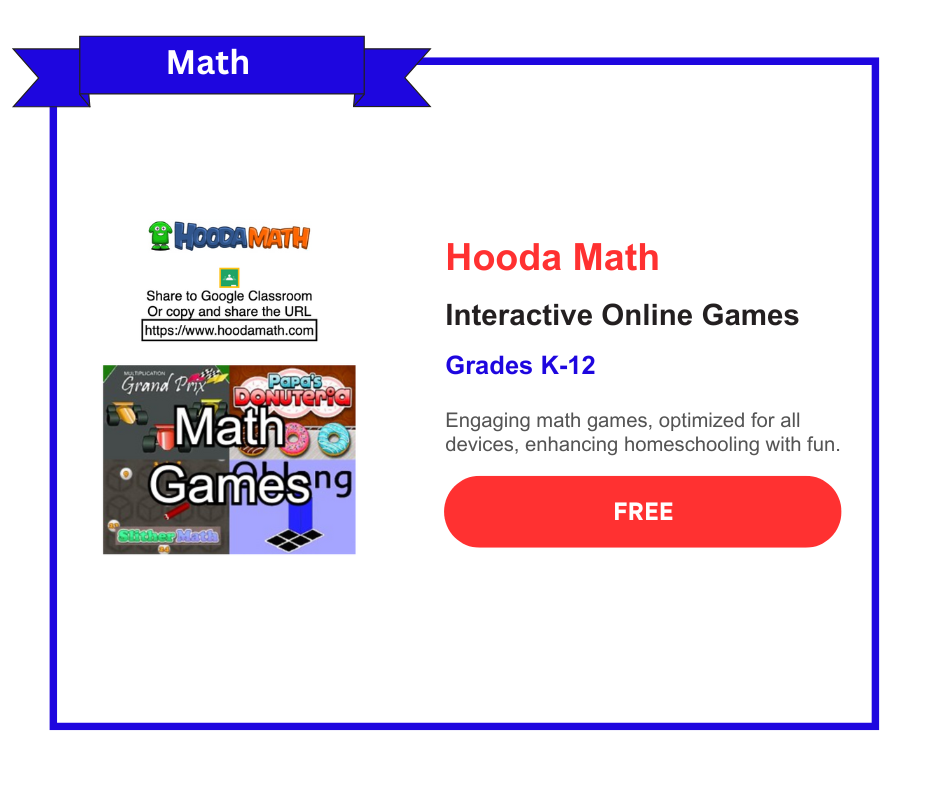
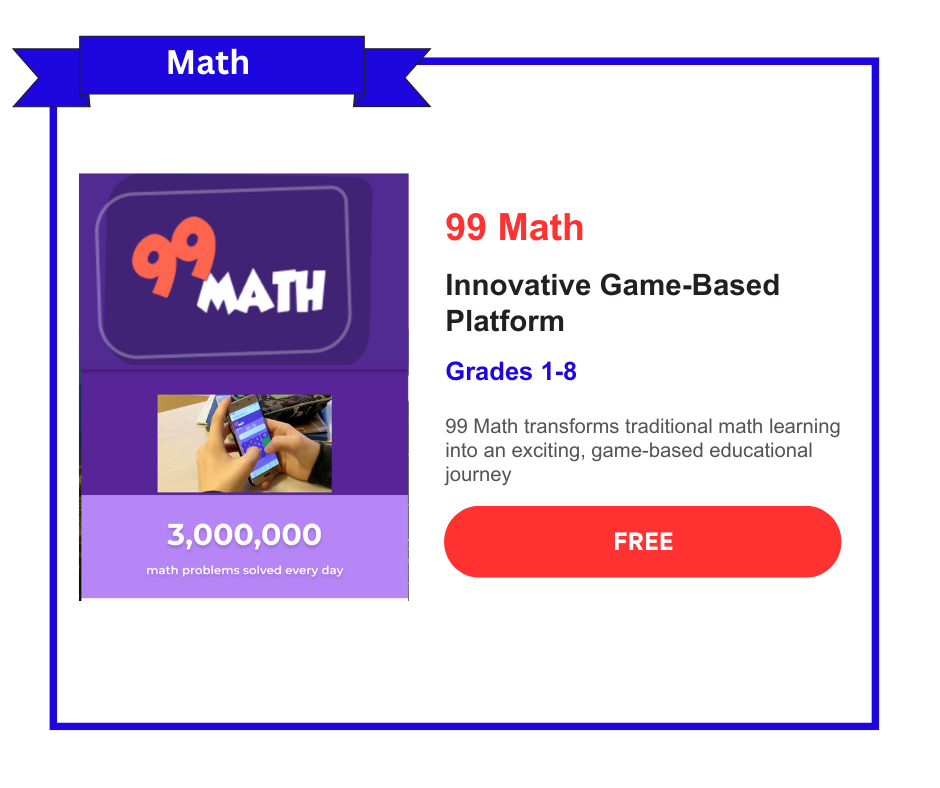
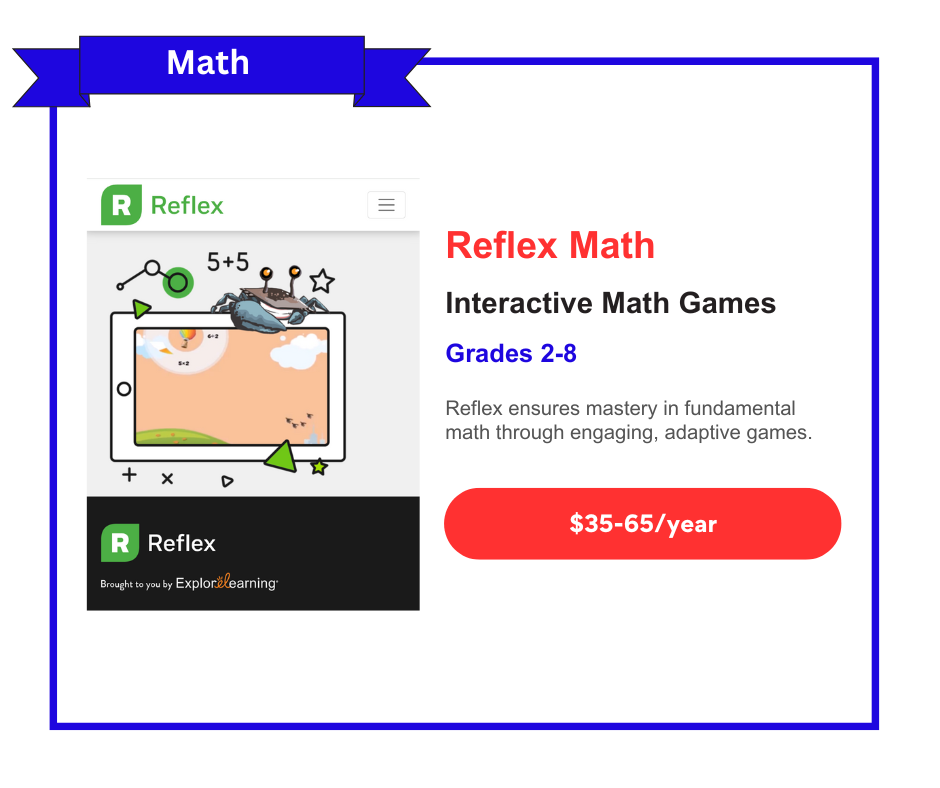

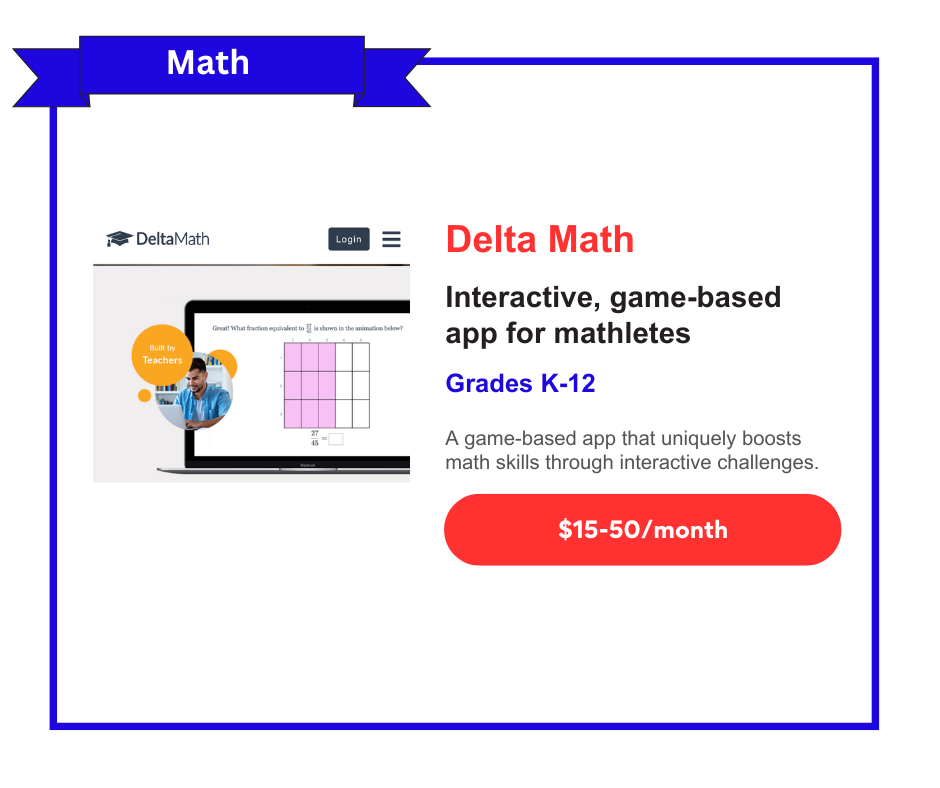
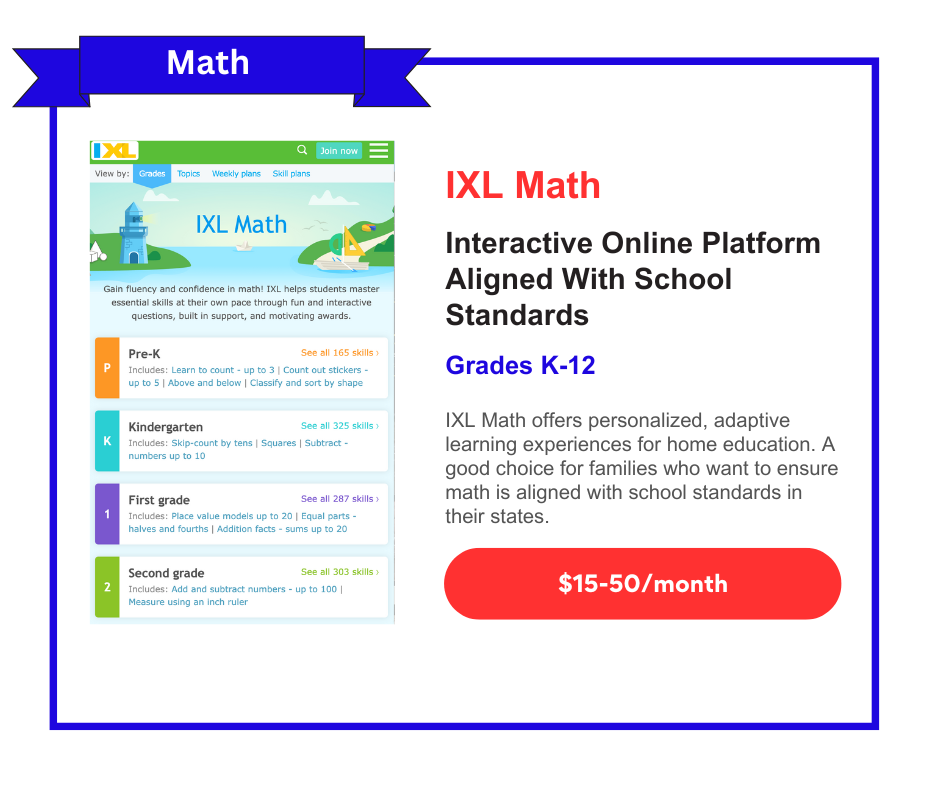
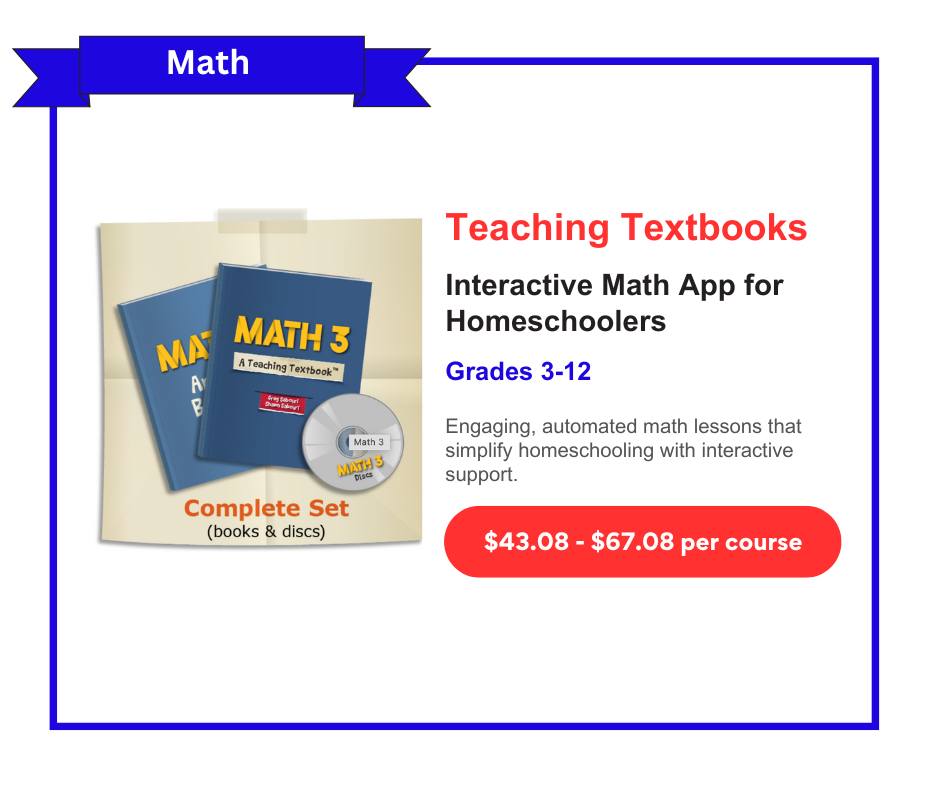
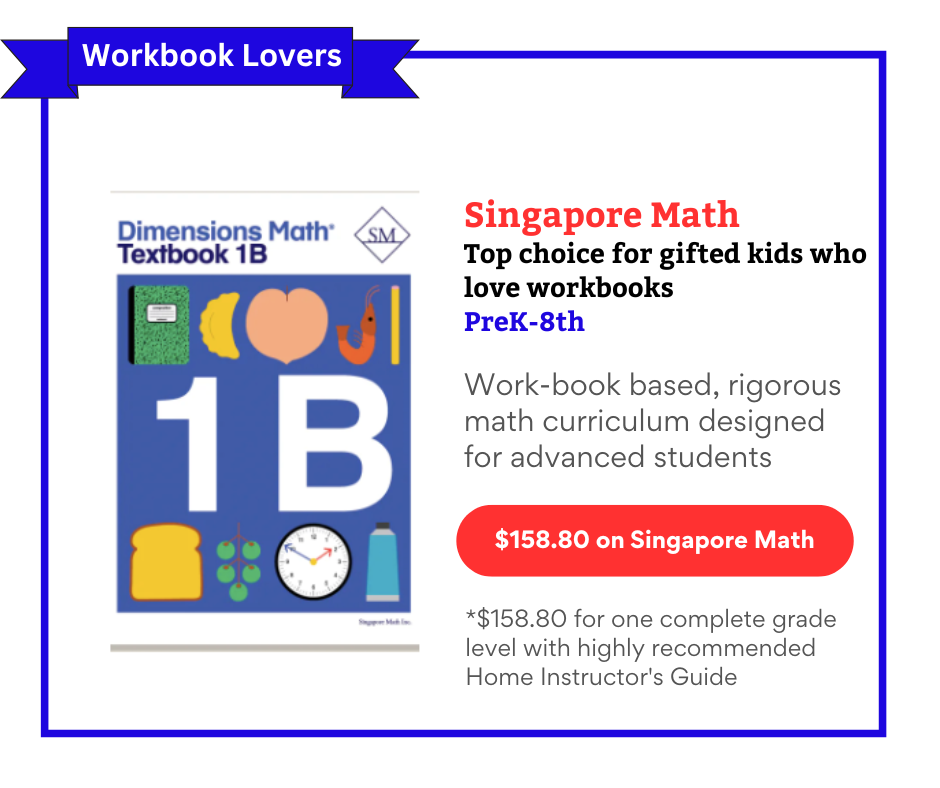
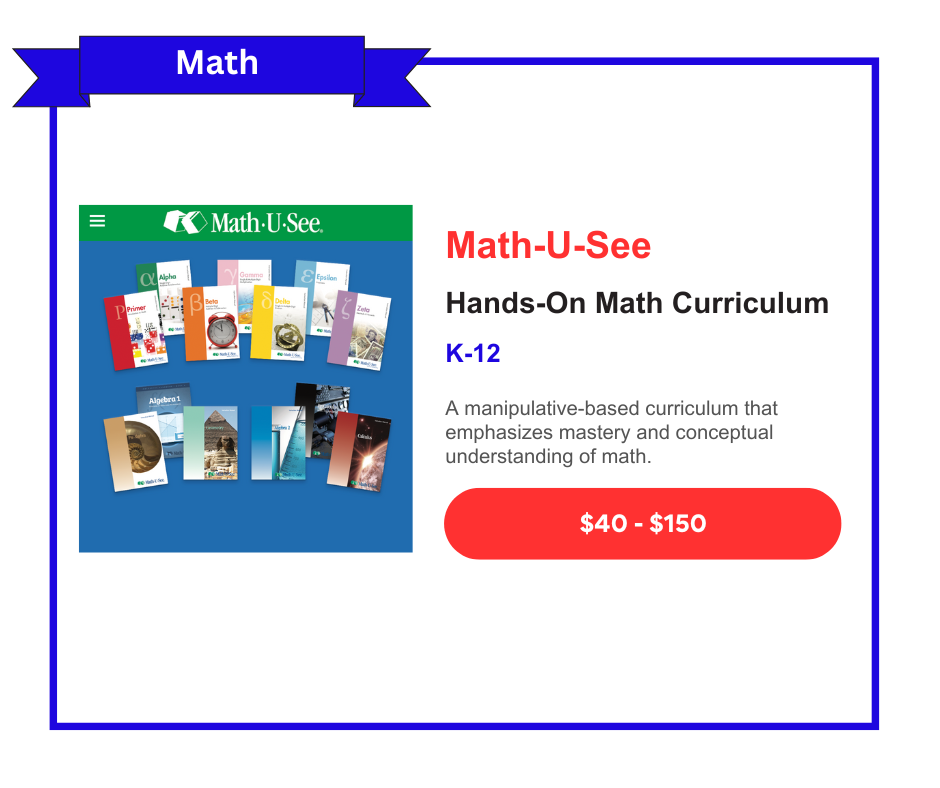

Explore real parents' experiences with Prodigy the Game as a learning tool for their children. Discover the pros, cons, and key tips for utilizing this engaging, game-based math platform effectively. Learn who it's best suited for and how to maximize its educational benefits.